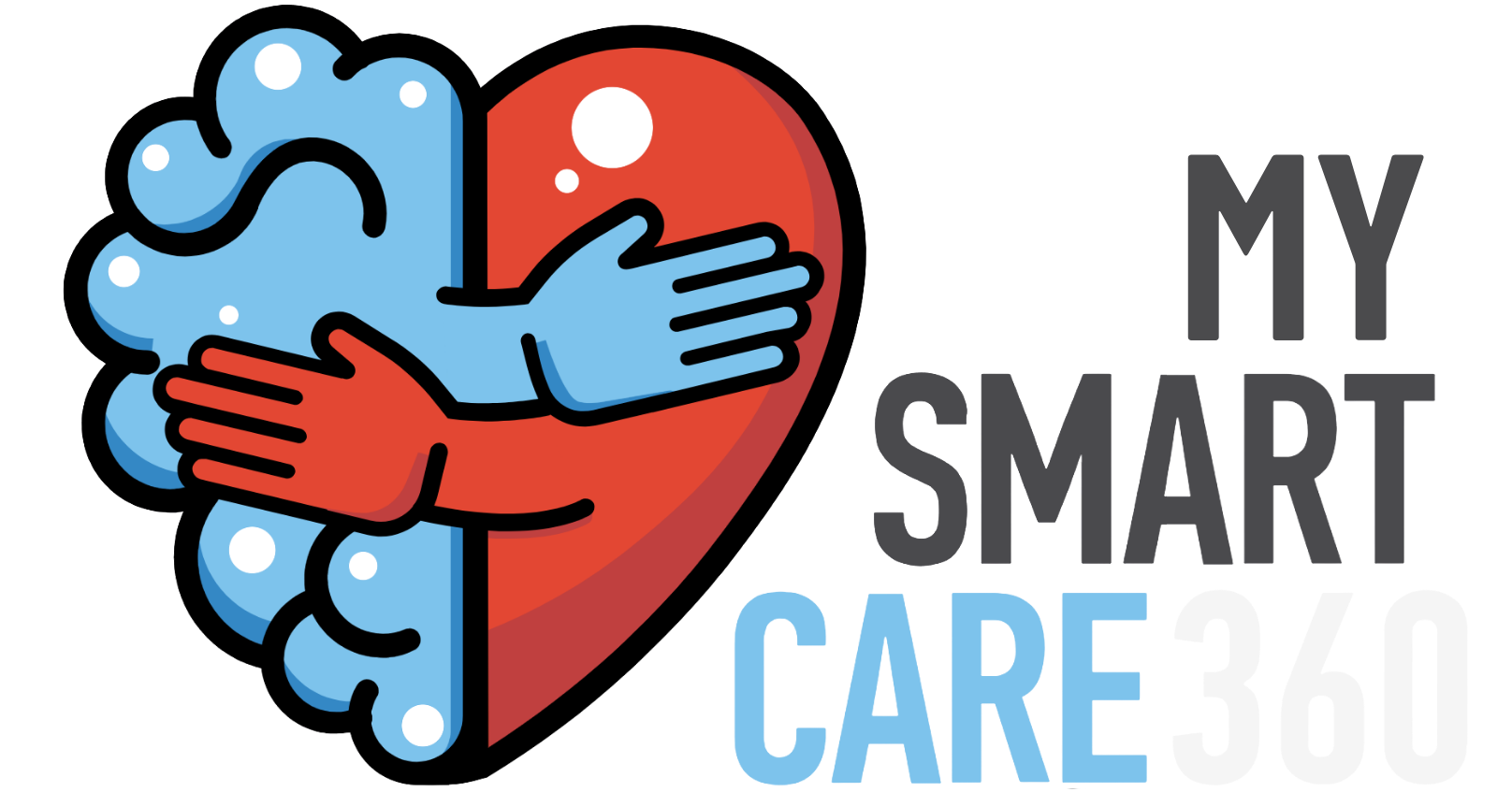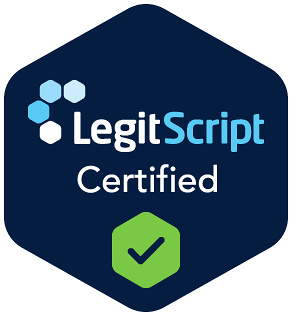ICD-10 codes play a crucial role in documenting and managing health conditions. For dementia, these codes help identify specific stages and types of the disease, making it easier for providers to develop tailored care plans. They also streamline communication across healthcare systems and ensure accurate billing. By assigning the correct ICD-10 code, medical teams can deliver more effective treatment and track disease progression, improving overall care and outcomes for patients with dementia.
Ask ChatGPT














